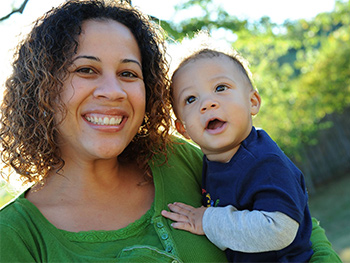 It takes a community to raise a child, which includes protecting, promoting, and supporting breastfeeding. Does your community program work closely with parents, young children, and families?
It takes a community to raise a child, which includes protecting, promoting, and supporting breastfeeding. Does your community program work closely with parents, young children, and families?
This webpage is a great place to learn more about how you can support breastfeeding parents in your community.
Featured resources
- Breastfeeding info A to Z – La Leche League International
- Professional resources: Breastfeeding – Perinatal Services BC
- Protecting, promoting and supporting breastfeeding: A practical workbook for community-based programs - 2nd Edition – Public Health Agency of Canada (PHAC)
Featured NH stories
- Breastfeeding: A cultural approach can make all the difference
- Breastfeeding-friendly spaces: Shifting attitudes about breastfeeding
- Breastfeeding is easier with support: What child care providers can do
- Celebrating National Breastfeeding Week: Our pledge for all families
For more information
- Email us at Breastfeeding@northernhealth.ca
- Connect with an Aboriginal Patient Liaison (PDF) from Northern Health (NH)
- Explore doula services from First Nations Health Authority (FNHA)
- Learn how to become a leader with La Leche League Canada (LLLC)
- Reach out to British Columbia Lactation Consultants Association (BCLCA)
- If English is a barrier for families you work with, consider interpreter or translation services through Provincial Healthy Services Authority Provincial Language Service
